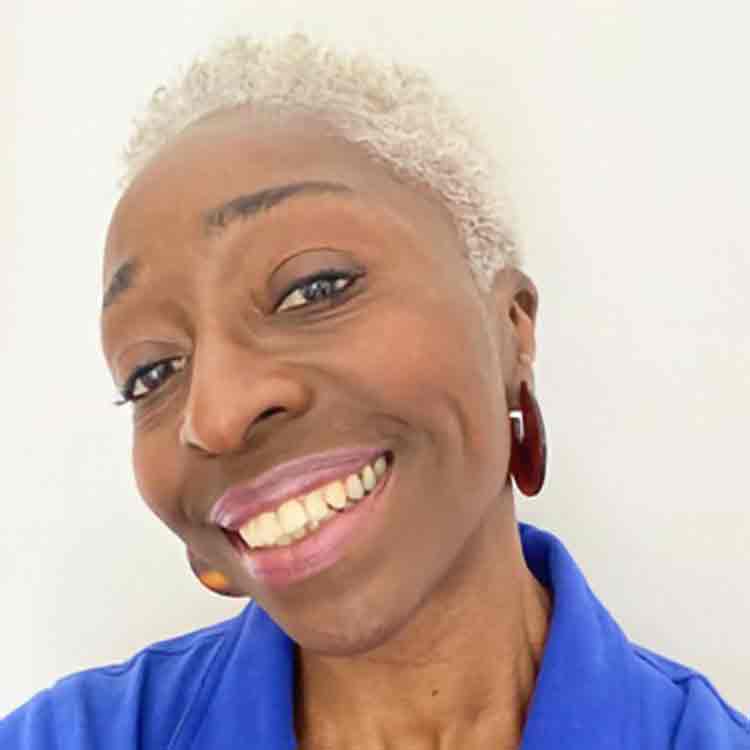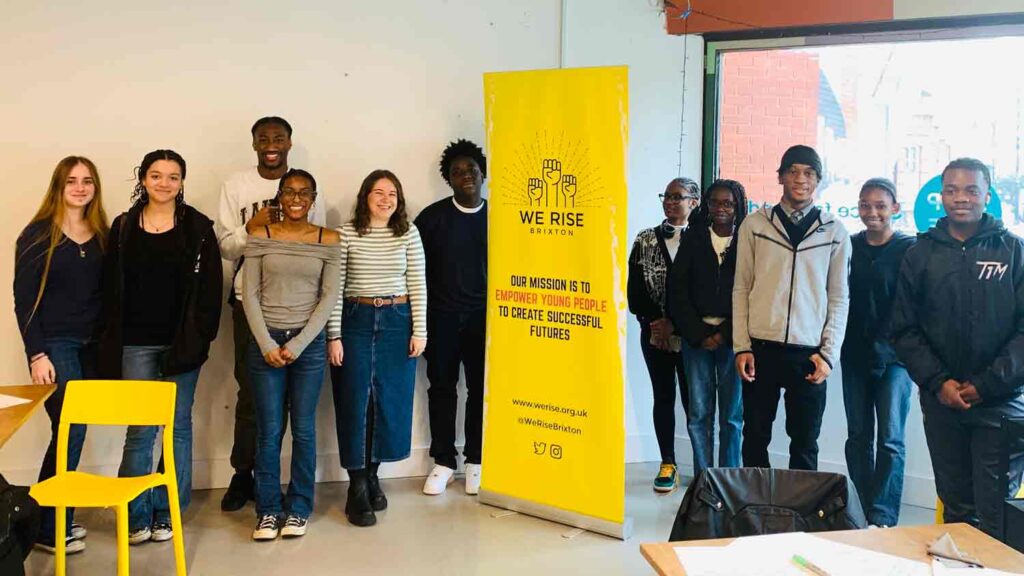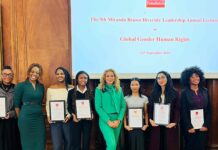
For many young people, the leap from school to the world of work is a daunting one, particularly for those without professional networks or family connections in certain industries. For today’s school leavers, this has been compounded by Covid lockdowns throughout crucial education years and a constant stream of bad news about the economy.
In Brixton, this is where We Rise steps in. Founded in 2017, the social enterprise is on a mission to upskill and inspire young people from underrepresented backgrounds, giving them hands-on experience in industries they may not have considered or would otherwise seem out of reach.
Through its work experience model, We Rise connects young people with professionals across different sectors, coaching them to produce high-quality work for real clients. Their latest project, My Life SC1ence, was done in partnership with King’s College London and saw local young people research, script, and produce two films about careers in life sciences – an industry identified as a key area for future growth in the UK. The project was supported by the Mayor of London and funded by UK Government through the UK Shared Prosperity Fund (UKSPF).
The project is just one example of how We Rise works to empower the next generation, by giving them the tools, experience, and confidence to forge their careers.

For many young people, school alone doesn’t provide the insight or inspiration needed to explore different careers. “Unless you know someone in your sphere who works in a particular industry, it’s really hard to see yourself there,” says Andrea Maloney, one of We Rise’s directors.
Covid-19 and the many lockdowns that followed made things even harder. Digital inequality widened the gap, and many students left school lacking confidence or certain soft skills that would help them navigate the workplace. “We work with young people who at the start of the programme, barely look up, but by the end they’re talking, they’re presenting, and they come to us later and tell us what a difference it has made in their confidence,” says Polly Waterworth, the chief operating officer at We Rise.

Polly points out that the work they do isn’t just about getting young people experience; it also benefits the clients they work with by giving them access to diverse voices and new talent, as well as insight into the world of young people.
“Adults think they know what young people think, but they really don’t,” she adds.
One of those examples is a project they worked on with the global advertising agency Leo Burnett, who approached We Rise to help them find out what would make a product more appealing to 16-18-year-olds. Within two weeks, We Rise were able to quickly mobilise a team to deliver the brief as one of their work experience projects.

“It’s a win-win: young people get a great experience, they’re inspired, they learn what working in that world is like, they get skills to put on their CV, and learn some of those really important soft skills, such as presenting,” Polly adds. “And the client gets something really valuable, as they would from any consultancy, but we also provide unique insights and revelations because it’s been delivered by actual young people.”
Michela, one of the project participants, said “what has surprised me the most was all the different career paths in life sciences and how all the different roles come together in order to help society.”
Similarly, the My Life SC1ence project is a perfect example of how We Rise creates impact. Twenty young people from underrepresented communities – ten young people aged 16-17 and ten young people who are not currently in education, employment or training (NEETs) – researched, wrote, filmed, and edited two short films: ‘What Is Life Science?’ and ‘Job Roles in Life Science’. With support from KCL and industry professionals, they created content designed to inspire their peers. Half of the NEET group who took part have since found jobs.
“My Life SC1ence helped us think outside of the box and network with people in different job roles. I enjoyed the creative process of making the film and understanding the job roles in life sciences and how diverse they can be,” participant Safia explained.
Polly and Andrea stress that these are real projects for real clients, and the young people are paid a real wage. This allows them to reach those young people who might not otherwise be able to take part in work experience because of time or economic pressures, they explain.
Three We Rise alumni recently won the Young Londoners Prize for their vision of a Youth-Led Empowerment Network, which they want to implement in Lambeth. “The messaging in their network is so powerful, and it’s all from them. We don’t tell people how to do a project, we offer them guidance but they do the work,” Polly says.
The main problem for We Rise is how oversubscribed it has become. For the Leo Burnett project, despite the fast turnaround, they received five times as many applications as there were places available.
“It’s horrible having to choose, because there are so many young people wanting experience, particularly high-quality work experience,” Polly explains.

Polly and Andrea are keen for more companies to commission projects that not only benefit their industry but also create valuable opportunities for young people. Finance, in particular, is an area that often feels inaccessible to young people but is one they are eager to explore, along with sustainability, the food industry, and mental health.
If businesses really want to hear from and connect with young people, We Rise is a fantastic opportunity – offering young people the chance to gain real-world experience, develop their skills, and shape the conversation.






